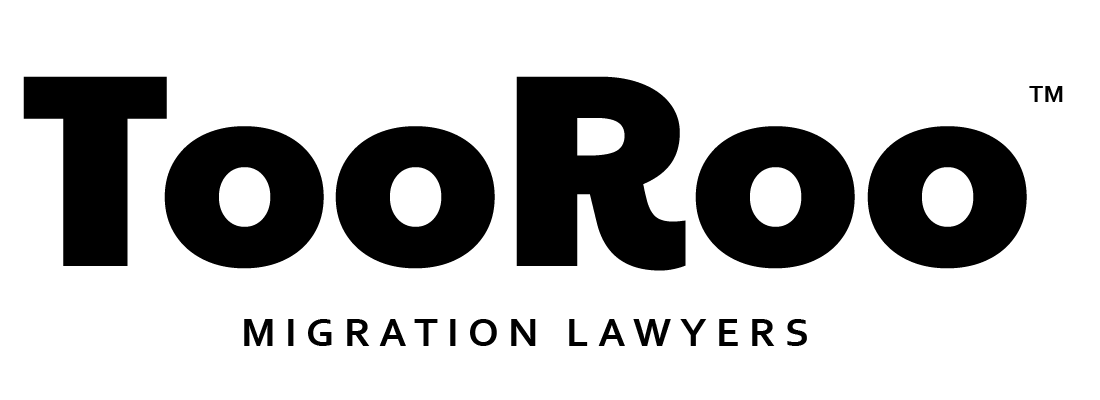Australia Scraps the 188 Visa: What Business Owners and Investors Need to Know Now
In a major shift to Australia’s skilled migration landscape, the Department of Home Affairs permanently closed the Business Innovation and Investment Program (BIIP) on 31 July 2024. This means all streams of the popular Subclass 188 visa—including Business Innovation, Investor, Significant Investor, Premium Investor, and Entrepreneur—are now unavailable to new applicants. The Subclass 888 permanent residency pathway, which depended on progressing from a 188 visa, has likewise lost its entry point.
For many high-net-worth individuals, business founders, and global investors who once saw Australia as a stable destination for investment-based migration, the closure of the 188 visa leaves a significant gap. The federal government made the decision following multiple reviews which found that the BIIP failed to deliver adequate economic returns. Unlike skilled migration programs, which are tied to occupation shortages or human capital, the BIIP was criticised for generating low fiscal value relative to its cost and processing resources.
So what are the alternatives?
If you're an entrepreneur, investor, or business owner still looking to migrate to Australia, the available pathways are now fewer—and narrower in focus. However, there are still some viable options worth considering, depending on your background and objectives.
The National Innovation Visa (NIV)
The National Innovation Visa is not a like-for-like replacement for the 188—it doesn’t cater to passive investors or general business managers. However, it does offer a permanent visa to individuals who have a proven, internationally recognised record of achievement in sectors such as renewable energy, advanced manufacturing, AI, agri-tech, health, and space.
This invitation-only visa (technically a repositioned version of the Distinguished Talent Visa Subclass 858) is aimed at people whose skills and accomplishments align with Australia’s innovation priorities. While financial capacity may support your application, the real emphasis is on your professional reputation, your contributions to innovation or research, and your future value to Australia.
If you’re a business founder who has developed innovative technologies or led breakthrough ventures—particularly in areas deemed critical to Australia’s economic future—the NIV may be suitable.
Subclass 482 (Temporary Skill Shortage) Visa with Pathway to PR
Entrepreneurs who are involved in their own ventures but also have formal qualifications and a skilled occupation may explore employment sponsorship options. If a business in Australia is willing to sponsor you in a skilled role (for example, as a General Manager, Marketing Specialist, or Engineering Technologist), a Subclass 482 visa may be possible.
Although it is employer-dependent and not designed for business migration, it can offer a stepping stone to permanent residency under the Subclass 186 Employer Nomination Scheme, provided the role is ongoing and meets the eligibility criteria.
Global Talent via Employer-Led Innovation
Some companies or research institutions may be eligible to nominate high-performing executives or specialists through the National Innovation Visa or under targeted state-nominated programs (for example, Subclass 190 or 491). While these don’t replicate the 188 visa’s investor model, they may suit professionals with an entrepreneurial background who are now embedded in leadership roles or technical industries.
Business Ownership via Subclass 491 (Small Business Owner Pathway – Queensland)
One of the more targeted post-BIIP options is Queensland’s 491 Small Business Owners (SBO) pathway. This program is part of the Skilled Work Regional (Provisional) visa and allows migrants who are operating small businesses in regional Queensland to access state nomination for the 491 visa.
To be eligible, applicants must own 100% of a business located in a designated regional area of Queensland, operate it full-time (at least 30 hours per week), and reside in the same regional area. The business must be lawful, active, and generating a profit. If purchasing an existing business, the minimum purchase price is $100,000, and you must operate it for at least six months prior to lodging your Expression of Interest. You must also employ at least one Australian citizen or permanent resident.
Applicants must have a positive skills assessment in a skilled occupation, meet the 65-point threshold (including state nomination points), and be under 45 years of age with competent English.
While this pathway isn’t suitable for everyone and excludes certain business types (such as franchises and home-based businesses), it provides a genuine and practical option for migrants willing to invest time and effort into operating and growing a business in a regional area.
What does this all mean?
The closure of the 188 visa program marks a fundamental policy shift. The government is no longer courting investment migration in its traditional form. Instead, it is focusing on high-value individuals who bring exceptional talent and long-term economic impact, particularly in priority sectors like clean energy, AI, cybersecurity, quantum technologies, and defence.
If you're a former BIIP applicant or were considering a business or investor visa for Australia, now is the time to reassess. The National Innovation Visa may offer a powerful alternative—but it requires a significantly higher bar for eligibility. For others, a pivot to employer sponsorship or skilled migration may be the most viable path forward.
If you’d like tailored advice about your visa options in light of these changes, contact our team at TooRoo Migration Lawyers. We work with business owners, professionals, and global talent to identify the right strategy and prepare compelling applications under the current system.
Reach out to us via info@tooroomigration.com.au or call (07) 5667 5009 to book a consultation with one of our experienced migration lawyers.

